So-cite-all misfits?
Every pubescent girl and woman of slightly older age groups are expected to Stayfree, but they are still Whispering (pun intended!) While menstruating is a monumental achievement that tells a girl she has transformed into a woman, for the society and the girl’s parents, she has entered a dangerous stage for the rest of her life (and somehow theirs). All this because, from the age of menarche, there is a possibility of girls’ getting pregnant. So they are deemed dirty either for indulging in sexual activities and getting knocked up accidentally or because their bodies are secreting blood, which is considered impure.
What is society doing? What are parents doing?
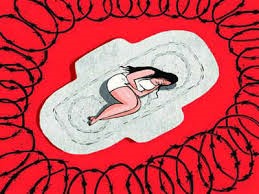
The answer is simple and undeniable: they are educating us about periods in their best manner. But what is this education?
On the one hand, menstruation is taught to be a strength, a biological process that is natural and, despite making a girl’s body different from a boy’s, makes her body healthy and meaningful. On the other hand, this strength is stigmatized and given meaning in a fearful manner. We are supposed to be aware of the menstrual process and, at the same time, be careful enough to conceal it.
There are not many outlets for this information. A girl can talk to her mother, a female teacher, or her long term partner about it depending on how each of them feels about the ‘dirty’ topic of blood flow. In a manner, girls are told they’re strong for bearing the pain, but they are treated as outcasts, and their bodies do not fit into the momentum of daily life, especially when they’re menstruating.
The war for freedom
In this neoliberal age in India, several privileged girls and women have found their menstrual freedom. However, there are many others who are still trapped in the vicious cycle of myths and religious controversies. Sadly, they do not even know they are supposed to fight and express their pain, so they succumb to various kinds of imprisonments and shame.
Women are rewarded or punished for their periods, depending on if they’re avoiding or expecting pregnancies.
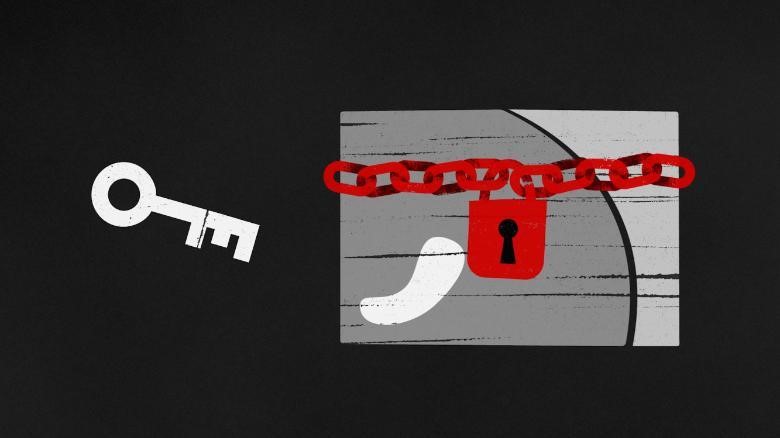
Either way, they’re trapped. Several myths are revolving around the period mania. It is completely normal and not a disease, but some households bar their girls and women from touching jars of pickles and utensils, based on the assumption that pickles grow fungi and spoil, and utensils become impure if a menstruating specimen touches them. The quarantine which people are suffering as a result of COVID-19 exists in a woman’s life since and for all the days she menstruates. During those days, she is asked to stay in a separate room so that others are not made aware of her potential bloody leaks, the smell associated with periods, and the possibility of leaving impure stains wherever she sits.
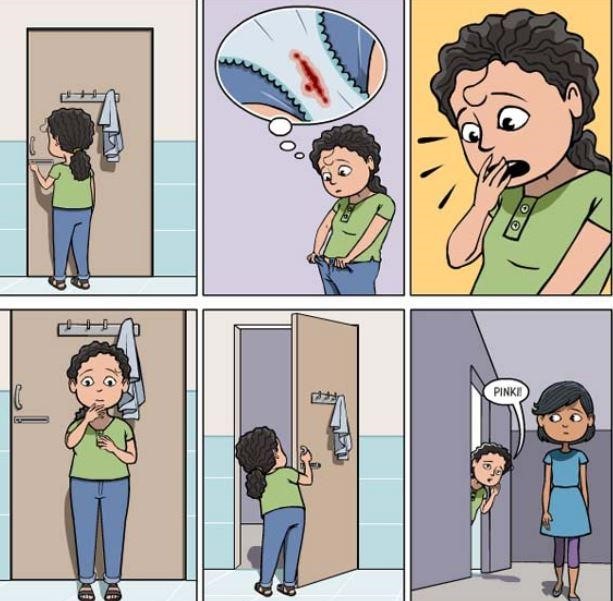
How do girls cope and behave?
With the mixed messages that tell us we are strong and also set us apart from the normal into this new normal, which makes us deviant, girls get confused. We are closeted when it comes to periods and leaving a slug of sweat wherever we sit becomes embarrassing. While many girls have found answers to their menstrual dilemmas through their family, many others have sought answers through other girls.
In schools, workplaces, libraries, cafes, restaurants, and other public spaces, a girl still whispers in the other’s ear to check for a stain on her dress/jeans when she gets up. And after walking two steps she would turn and dig for assurance in the friend’s gaze. As if concealment of our biological process was not enough, sometimes women tend to feel pressured because of varying physical strengths while menstruating. One’s female friend might be stronger during periods, so it seems weak on one’s part to feel lethargic and different from the friend. All this because of the shaming a woman’s natural bodily process is subjected to.
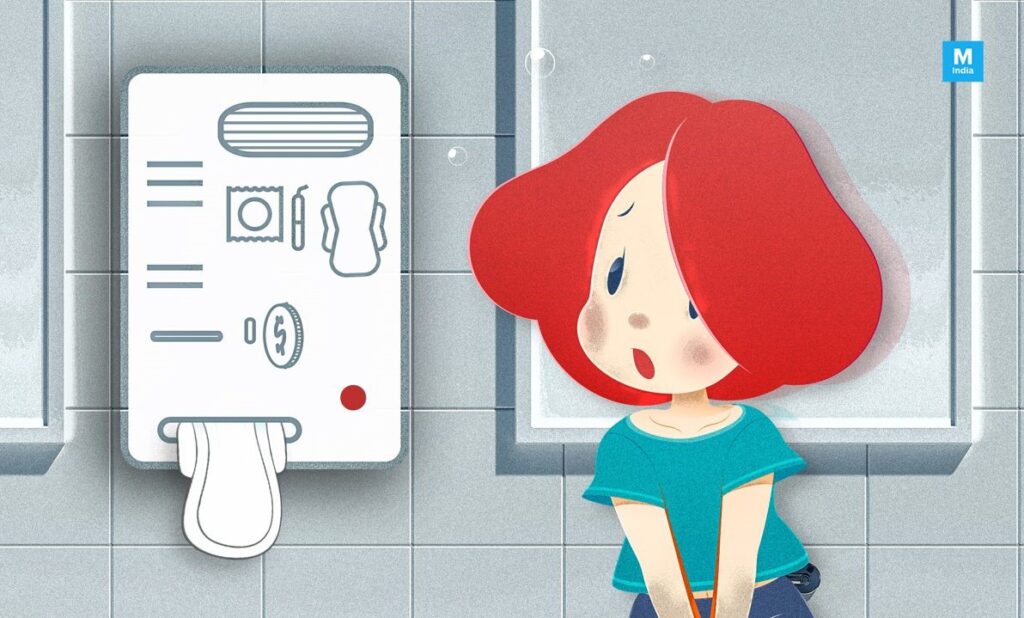
Period Poverty: Conquering Unaffordability
While the title is self-explanatory, it also isn’t. Period Poverty does not only mean how some women cannot afford the right equipment for their menstruation. It also indicates how every girl and woman is subjected to this kind of poverty because of the unacceptability revolving around it. Our public spaces are unaccommodating to our needs as women and associates jokes, punishment, and disgust to our bodies. If a menstruating girl, still studying in school, shyly requests a teacher to excuse her for bathroom, first of all, she cannot find the right ways to dispose off her used pads or tampons (these are again a subject that is a stigma at least in India, frowned upon in several households who raise their girl’s with the idea that inserting anything in their vagina is abominating), secondly, if she is late to return to her class, she is punished.
Girls and Women going to offices are said to have been allowed freedom and independence. However, it’s these spaces that are trapping us women the most by not catering to our bodily needs. None of the offices or schools have pad machines or tampons available for free in the bathrooms. This kind of unaffordability, sometimes because of the lack of money and knowledge, and other times because of unequipped spaces, becomes the reason for disgust, fear, and vile associations to menstruation and menstruating women. No matter how much we earn, we still need to hide our pads, tampons and have extra ones secretly ready in our bags in case of emergencies because our spaces refuse to provide free products.
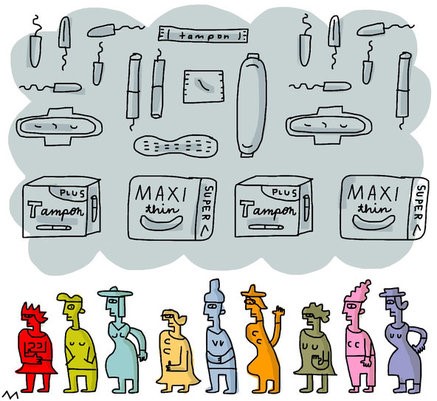
In The Second Sex, Simone de Beauvoir beautifully explains menstruation as the process where all things are made ready for a child and then aborted in the crimson flow, in a woman’s body monthly. However, this explanation is something we are never told. For women to acquire a rightful position, far from societal misfits, when they are menstruating, it is necessary we incorporate open discussions about our bodily processes from one’s formative years. Finally, confiding in girl-friends is fine, but if necessary, explanations would root from families and schools (stressing less privileged areas and social classes here) we can save our girls from being stigmatized for bad odors, concealment of blood, and being misfits during their menstruation. The next step, all the more necessary in our present times, is to incorporate free sanitary products for women in public spaces and also talk about their importance freely.
Featured image: Intimina
Author

